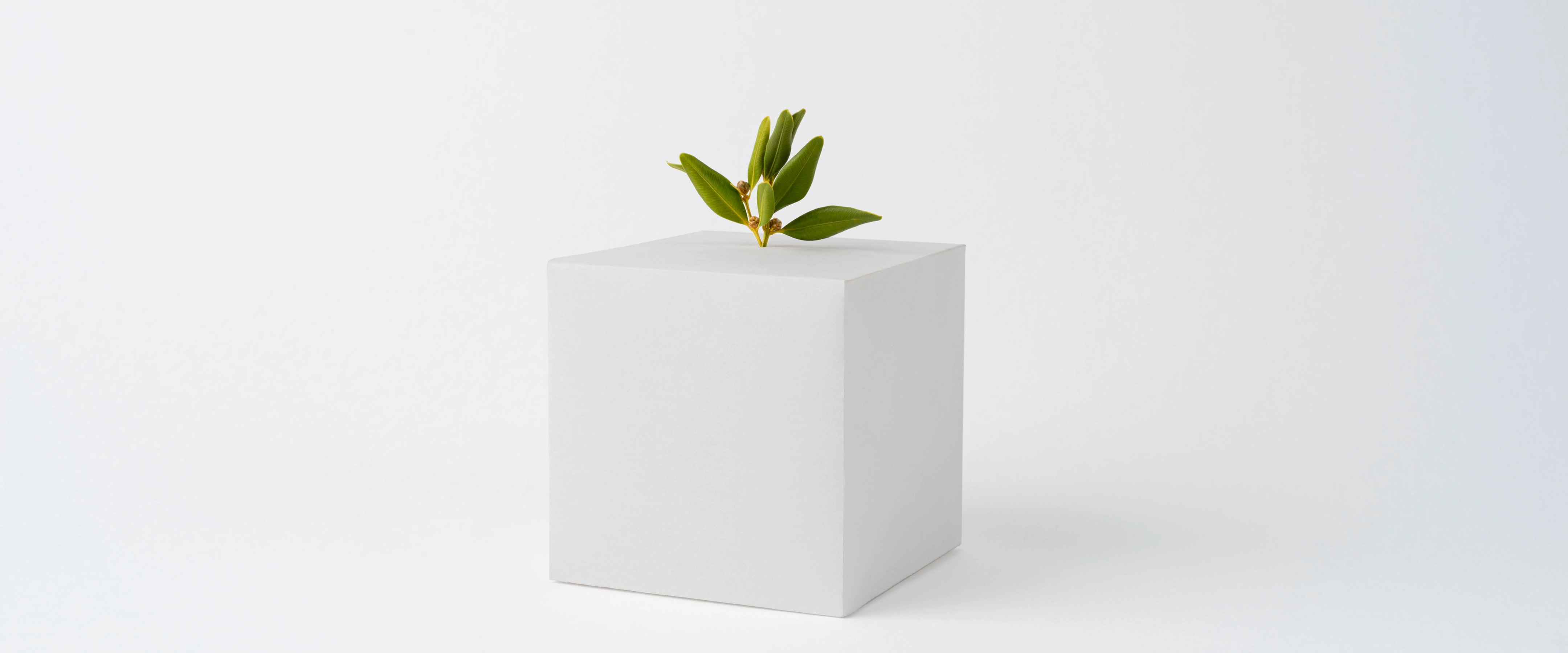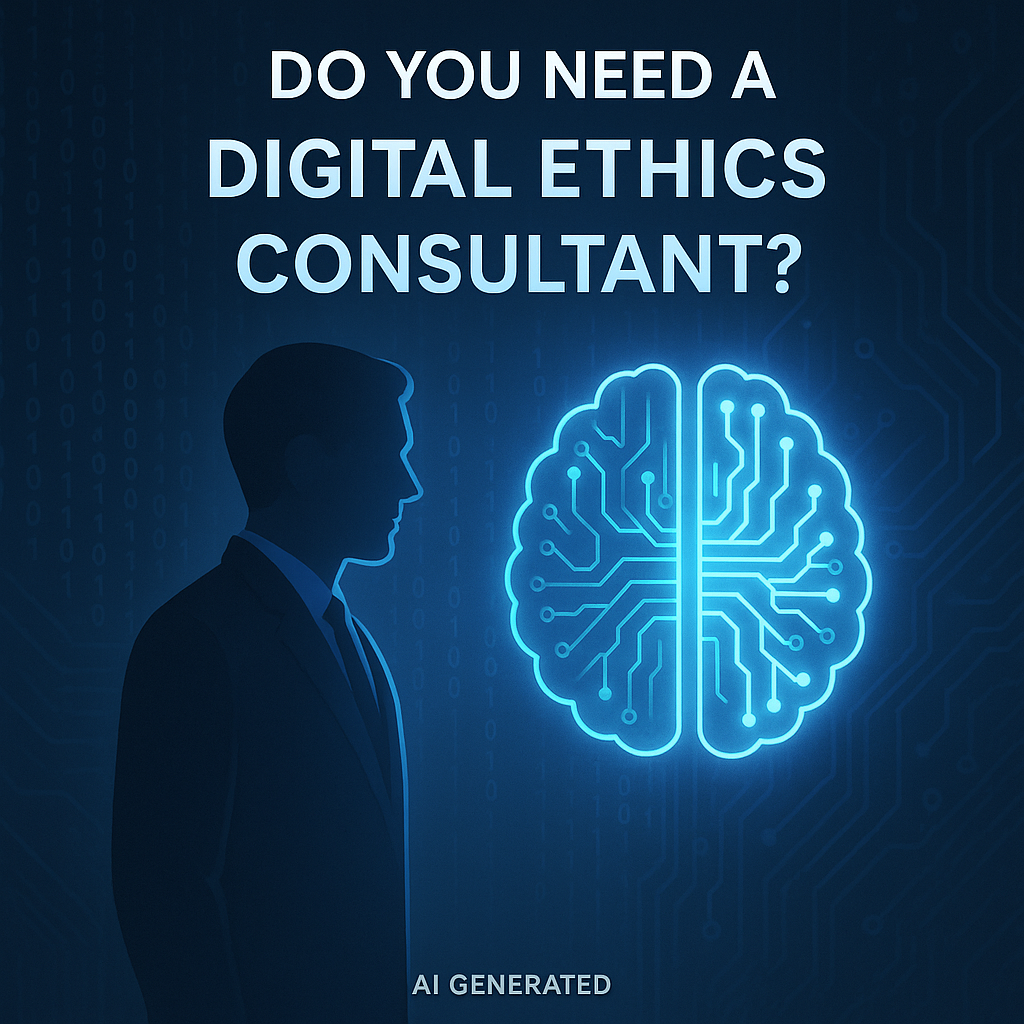Creativity and Ethics in the Age of AI
AI is no longer lurking in the background. It is in the studio, the writers room, the catwalk, and the classroom. In 2025 culture is being shaped not only by human hands but also by algorithms trained on them. The question is not if AI belongs in creativity. It is: what kind of culture do we want it to create?
At One Ethix we believe ethics is not paperwork. It is resistance, it is choice, it is design. It is the difference between a future full of copy paste AI slop and a future where machines actually amplify human originality.
Partner or Parasite?
AI is sold as a “creative partner” — brainstorming, prototyping, scaling ideas. But partnership only works with respect. Without attribution, transparency, and consent, AI is not a collaborator. It is a parasite feeding on stolen culture.
The Consent Crisis
Artists are watching their work scraped into training datasets without their knowledge, their names erased, their value extracted. This is not innovation. It is exploitation. If AI is to have a future in art, it must be built on consent, credit, and compensation or it will collapse under the weight of mistrust.
Authenticity on Sale
Virtual influencers and digital twins are strutting down catwalks and fronting brand campaigns. They are glossy, scalable, and soulless. Authenticity is not a marketing prop. It is culture’s lifeblood. Brands who play with deepfakes without disclosure risk burning the very trust they are trying to sell.
Who Holds the Pen?
Agentic AI systems that act with a degree of autonomy are now writing, designing, and creating without direct human command. But who is accountable when their outputs misalign with values? Machines do not hold pens. Humans do. Responsibility cannot be outsourced.
Against the Flood
The internet is already drowning in AI generated sameness. The backlash has a name: “AI slop”. It is bland, endless, and soulless. Real creativity is messy, surprising, and rooted in human context. The cultural advantage now lies in imperfection, in making something a machine could never dream.
No, AI Is Not a Citizen
Calls to grant AI “rights” or “citizenship” are distractions. They shift attention away from the very real issue: human accountability. Letting tech companies anthropomorphise their products is not ethics. It is marketing theatre.
The Classroom Rebellion
Students are pushing back against universities rushing to roll out AI art courses. They are right to ask: what about the energy cost? What about cultural appropriation? What about the politics of automation? Education must not be about training compliant tool users. It must be about raising critical, resistant creators who can challenge the narrative.
Regulation Is Coming But Culture Moves First
From the EU AI Act to new deepfake laws, regulation is finally arriving. But laws move slowly while culture moves fast. The organisations who will thrive are the ones who embed ethics directly into creation, not because they have to but because trust has become culture’s ultimate currency.
The Human Future
AI can remix the past, but only humans can invent futures. The task is not to keep AI out of creativity, but to keep humanity at the centre of it.
At One Ethix we stand for:
• Consent over extraction
• Authenticity over simulation
• Accountability over automation
• Culture over compliance
The creative future does not belong to machines. It belongs to those who know how to use them without losing themselves.





